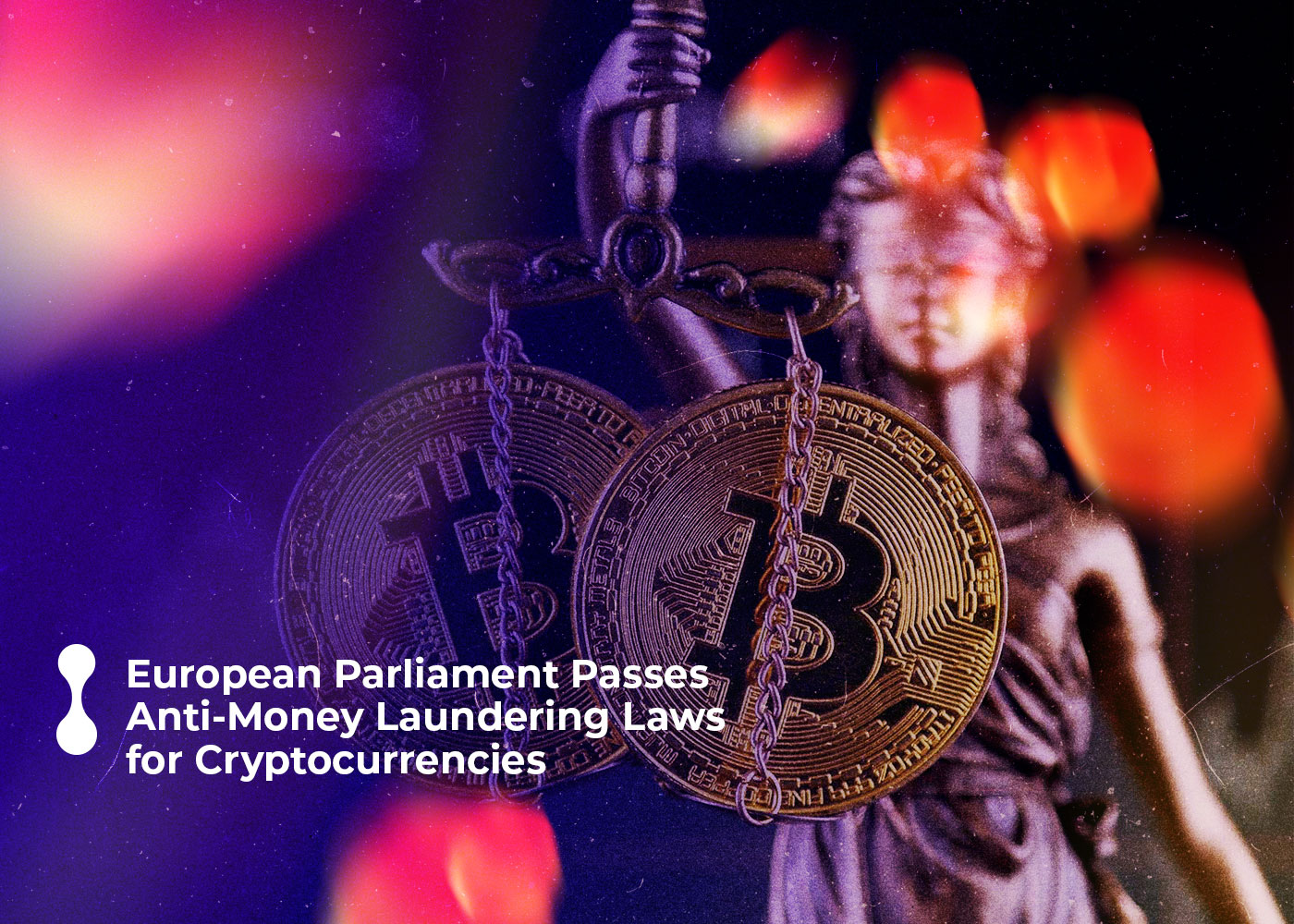The European Parliament on Tuesday approved new rules aimed at preventing the use of cryptocurrencies for money laundering purposes.
The most important part of the new legislation for cryptocurrencies is a new €1,000 ($1,080) cap on anonymous transactions, i.e., transactions made between private wallets where the user cannot be identified.
Financial Entities Must Be More Transparent Under New Law
Entities, such as banks, asset and crypto-asset managers, real and virtual real estate agents, and top professional football clubs, will be required to verify the identity of their customers, what they own, and who controls the company,” reads a press release from the European Parliament.
The press release adds that these same companies will also need to collect information from their customers and submit it to a centralized database:
“They will also have to establish detailed types of money laundering and terrorist financing risks in their sector of activity and transmit the relevant information to a central register.”
99 lawmakers from the European Parliament‘s economy and civil liberties committees voted in favor of the legislation, while only eight voted against it.
In addition to the new regulation on cryptocurrencies, the legislation also includes a ban on cash payments to businesses over 7,000 euros ($7,600), as well as a ban on citizenship and residency in the framework of investment programs (known as “golden passports” and “golden visas”).

The European Council Must Also Ratify the Law for It to Enter into Force
Before the legislation becomes law, it must be approved by the European Council. EU legislators are known to take a strict stance on cryptocurrencies and have previously suggested legislation to enhance their oversight of decentralized finance (DeFi) activities. The EU has also recently implemented the Markets in Crypto-Assets (MiCA) regulation, which functions as a strict regulatory framework for Europe’s entire cryptocurrency and stablecoin industry.
